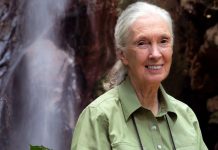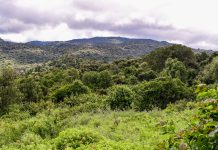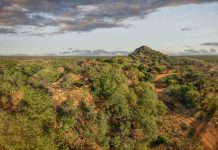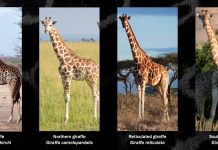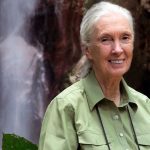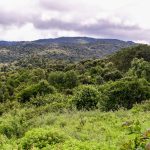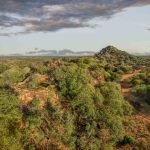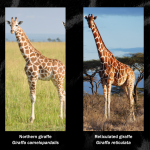Nairobi, Oct 2 (Swara) – Dr Jane Goodall, the pioneering British primatologist whose 65-year study of wild chimpanzees in Tanzania transformed the world’s understanding of animal behaviour and inspired a global movement for conservation, has died at the age of 91. The Jane Goodall Institute stated that Goodall passed away due to natural causes.
Born Valerie Jane Morris-Goodall in London in 1934, Goodall’s childhood fascination with animals led her to Africa, where she was hired by archaeologist Louis Leakey and sent to study chimpanzees in Gombe Stream National Park in 1960. There she made the groundbreaking discovery that chimpanzees use tools – a finding that redefined the boundary between humans and animals.
Though she had no university degree, Leakey arranged for her to pursue a doctorate at Cambridge University, where she completed her PhD in ethology in 1965. Her initial three-month field study grew into one of the world’s longest-running wildlife research projects, still active today.
In later years she became a tireless advocate for human rights, animal welfare and environmental protection, travelling extensively to deliver her message of hope and responsibility.
Her work won her global recognition. She was made a Dame Commander of the Order of the British Empire in 2004, and honoured with awards including the United States Presidential Medal of Freedom, France’s Légion d’honneur and Japan’s Kyoto Prize. In 2002, she was named a United Nations Messenger of Peace.
Goodall authored more than two dozen books and appeared in numerous films and documentaries. Her most recent work, The Book of Hope, has been translated into more than 20 languages.
She was married twice – first to Dutch photographer Hugo van Lawick, with whom she had a son, Hugo Eric Louis, and later to Tanzanian politician Derek Bryceson, who died in 1980.
Goodall is survived by her son, three grandchildren and her sister, Judy.


